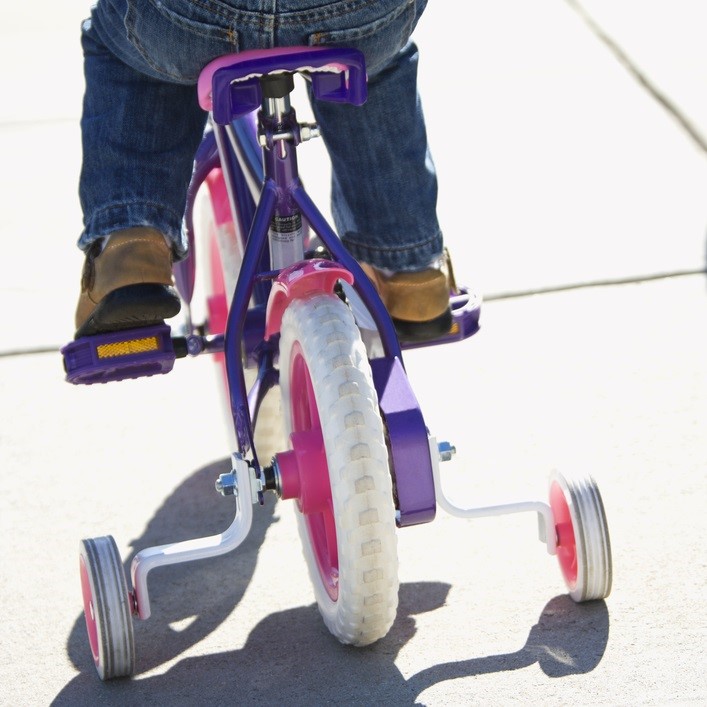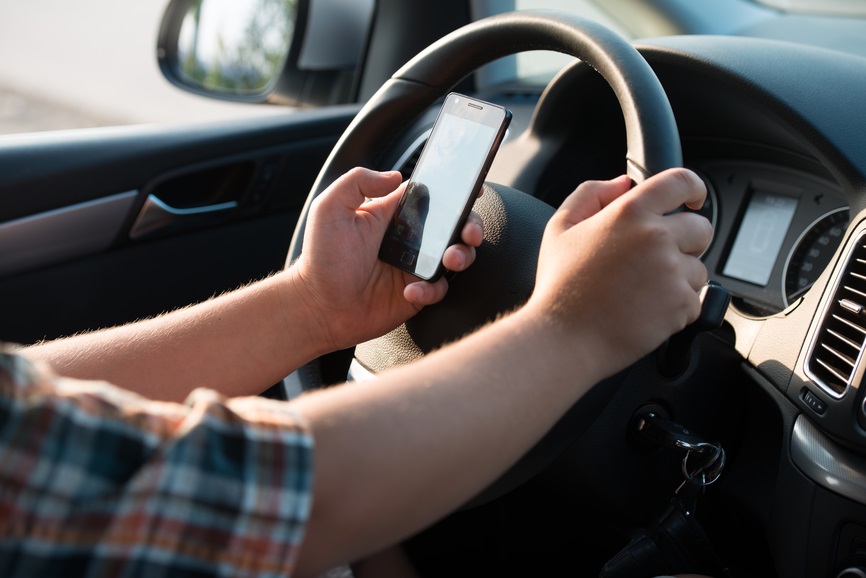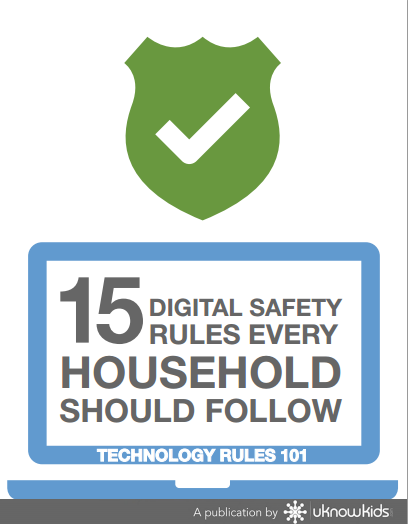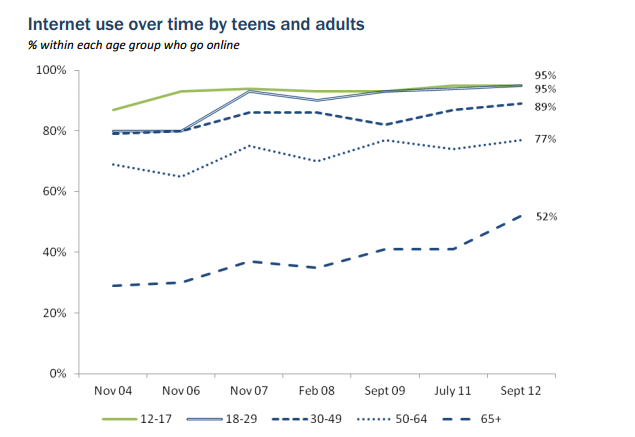Digital Parenting is controlling the parameters of digital life with children. It is important for parents to learn how to play and teach their children to play it safely. It is obvious our world and lives are going to continue to revolve around digital sources. Wireless is infiltrating most every sector of the lives we lead. Parents need to become familiar with how to protect their children.
Here are five important tips to keep children safe in the digital age:
Family Intelligence and Education
-
Develop safe practices and rules for the family on mobile device usage. Everyone in the family should subscribe and adopt the rules. These can be as easy as: "Never use my phone to harm others", and "Remind all drivers to never text and drive".




.jpg)














